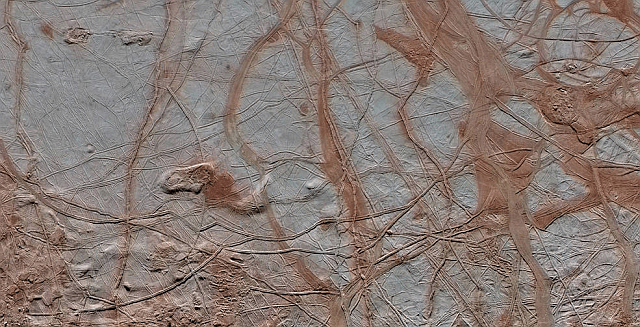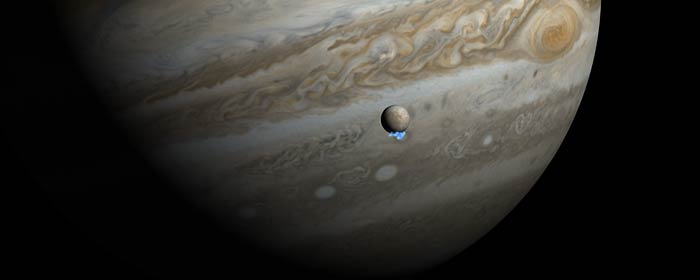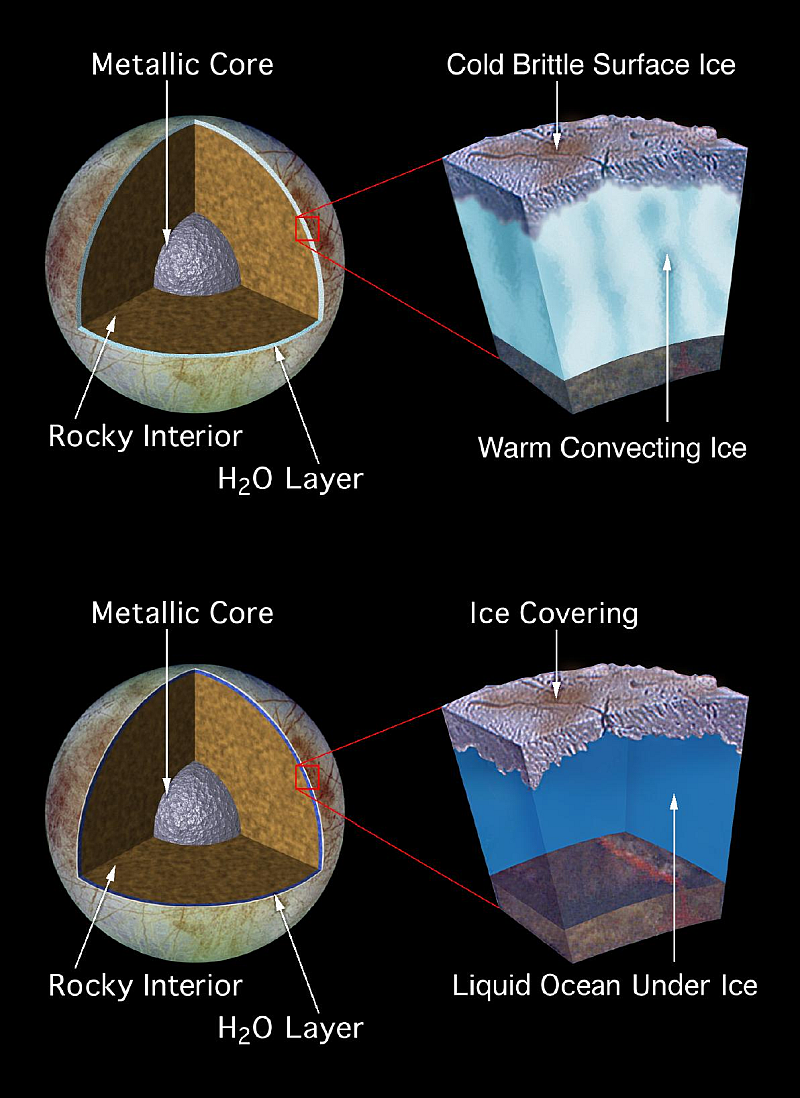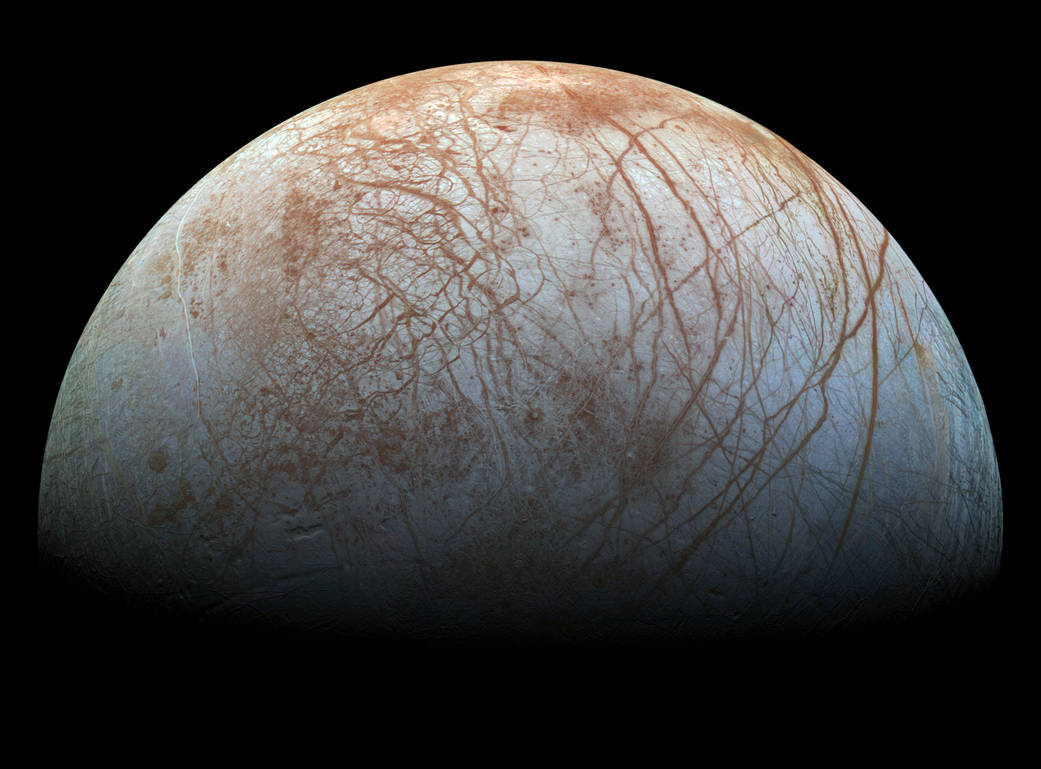NASA will make a “surprising” announcement about Jupiter’s moon Europa on Monday, Sept. 26th, at 2:00 PM EDT. They haven’t said much, other than there is “surprising evidence of activity that may be related to the presence of a subsurface ocean on Europa.” Europa is a prime target for the search for life because of its subsurface ocean.
The new evidence is from a “unique Europa observing campaign” aimed at the icy moon. The Hubble Space Telescope captured the images in these new findings, so maybe we’ll be treated to some more of the beautiful images that we’re accustomed to seeing from the Hubble.

We always welcome beautiful images, of course. But the real interest in Europa lies in its suitability for harboring life. Europa has a frozen surface, but underneath that ice there is probably an ocean. The frozen surface is thought to be about 10 – 30 km thick, and the ocean may be about 100 km (62 miles) thick. That’s a lot of water, perhaps double what Earth has, and that water is probably salty.
Back in 2012, the Hubble captured evidence of plumes of water vapor escaping from Europa’s south pole. Hubble didn’t directly image the water vapor, but it “spectroscopically detected auroral emissions from oxygen and hydrogen” according to a NASA news release at the time.

There are other lines of evidence that support the existence of a sub-surface ocean on Europa. But there are a lot of questions. Will the frozen top layer be several tens of kilometres thick, or only a few hundred meters thick? Will the sub-surface ocean be warm, liquid water? Or will it be frozen too, but warmer than the surface ice and still convective?

Hopefully, new evidence from the Hubble will answer these questions definitively. Stay tuned to Monday’s teleconference to find out what NASA has to tell us.
These are the scientists who will be involved in the teleconference:
- Paul Hertz, director of the Astrophysics Division at NASA Headquarters in Washington
- William Sparks, astronomer with the Space Telescope Science Institute in Baltimore
- Britney Schmidt, assistant professor at the School of Earth and Atmospheric Sciences at Georgia Institute of Technology in Atlanta
- Jennifer Wiseman, senior Hubble project scientist at NASA’s Goddard Space Flight Center in Greenbelt, Maryland
The NASA website will stream audio from the teleconference.
More About Europa:

